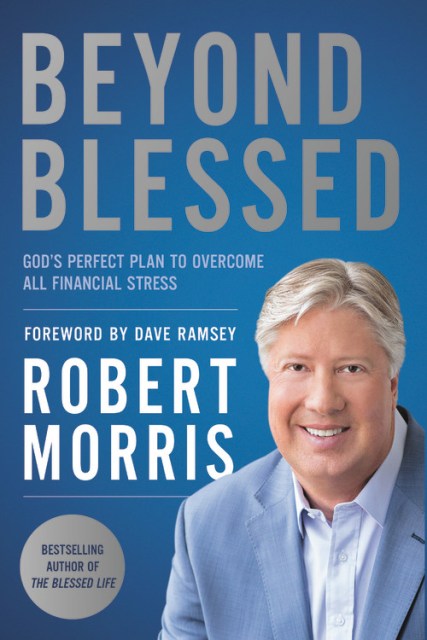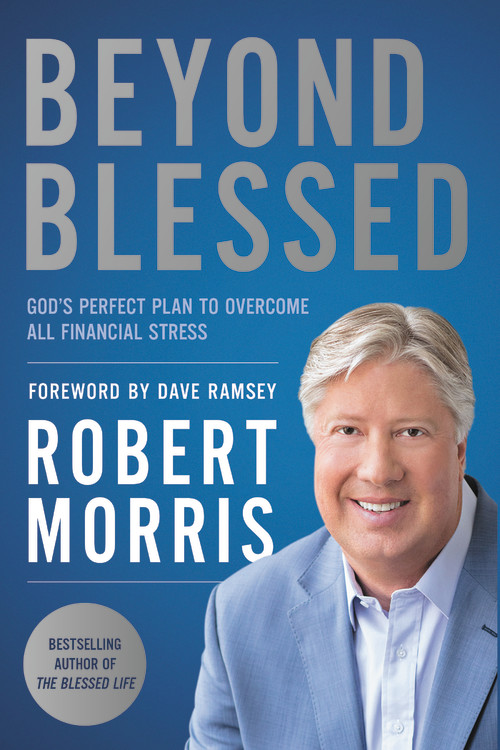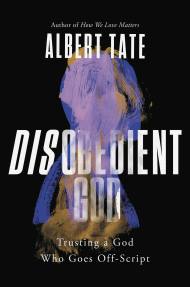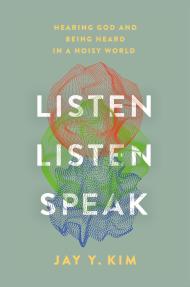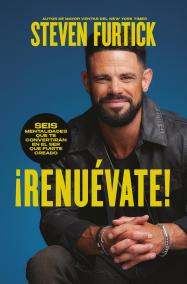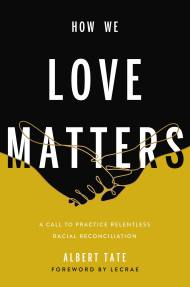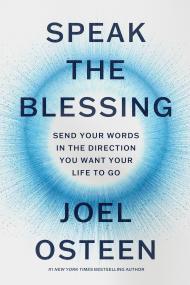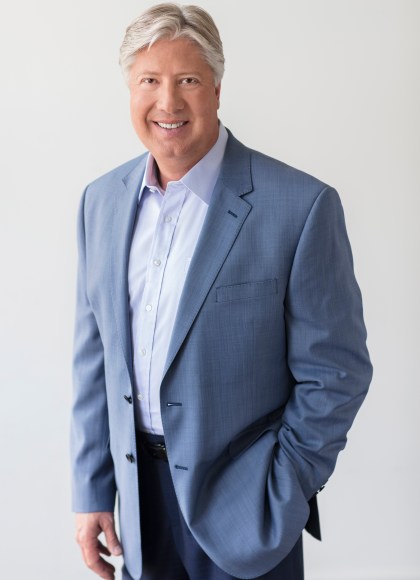Promotion
Use code MOM24 for 20% off site wide + free shipping over $45
Beyond Blessed
God's Perfect Plan to Overcome All Financial Stress
Contributors
Foreword by Dave Ramsey
Formats and Prices
Price
$27.00Price
$34.00 CADFormat
Format:
- Hardcover $27.00 $34.00 CAD
- Diary $16.99 $22.99 CAD
- ebook (Spanish) $9.99 $12.99 CAD
- ebook $9.99 $12.99 CAD
- ebook $1.99 $2.99 CAD
- Hardcover $16.00 $22.00 CAD
- Audiobook Download (Unabridged)
- Trade Paperback $17.99 $22.99 CAD
- Trade Paperback (Spanish) $13.99 $18.99 CAD
- Trade Paperback $13.99 $18.49 CAD
- Audiobook CD (Unabridged) $30.00 $39.00 CAD
This item is a preorder. Your payment method will be charged immediately, and the product is expected to ship on or around January 8, 2019. This date is subject to change due to shipping delays beyond our control.
Also available from:
Who doesn't want to eliminate financial stress? Who doesn't want to get out of debt, reach their financial goals, experience the joy that God intends for us, and be free to bless others with their resources?
In The Blessed Life, Pastor Robert Morris teaches that generosity is a key component to being in God's favor. Now, in Beyond Blessed, he shares the importance of being a good steward, not only with your finances, but with every part of your life. Pastor Morris will motivate you to become a better manager of your money, and provide practical lessons on taking your finances to the next level. Through Biblical principles, personal stories, and incredible testimonies, you will learn how to be a good steward, and that when you properly manage your finances, blessings will pour into all areas of your life. Here is a guide to increasing and going further with what God has given you, and living beyond blessed.
Genre:
-
Robert Morris has helped countless people-myself included-come to a better awareness of God's principles of generosity. His new book continues the teaching. What a welcome work!Max Lucado, pastor and author
-
Beyond Blessed is an invitation to wild financial freedom. Pastor Robert shares the power of wise, prudent, and skillful stewardship of resources and imparts the tools you need to free yourself from the oppressive pressure of poor financial management while managing what has been entrusted to your care.Lisa Bevere, New York Times bestselling author
-
Pastor Robert knows the goodness of God firsthand, and he gently guides the reader through a practical yet deeply spiritual journey toward a life beyond the financial stress that many people know too well. Pick up this book and prepare to be beyond blessed.Craig Groeschel, pastor of Life.Church and New York Times bestselling author
-
Beyond Blessed is a very informative read that goes beyond our being generous. It teaches us in very practical ways how to steward what God has entrusted to us, and how it will lead to a life beyond blessed.David Green, founder and CEO, Hobby Lobby
-
Robert Morris is one of the best communicators of the Word of God in the Church today. His new book will bless you.Franklin Graham, president and CEO of Samaritan's Purse and Billy Graham Evangelistic Association
- On Sale
- Jan 8, 2019
- Page Count
- 272 pages
- Publisher
- FaithWords
- ISBN-13
- 9781546010098
Newsletter Signup
By clicking ‘Sign Up,’ I acknowledge that I have read and agree to Hachette Book Group’s Privacy Policy and Terms of Use
